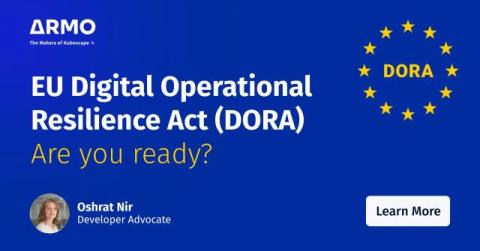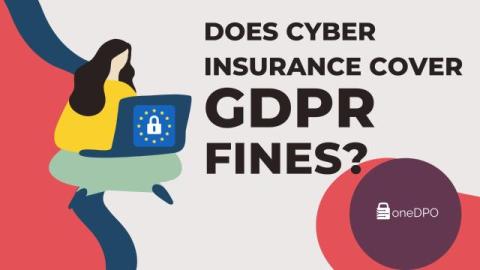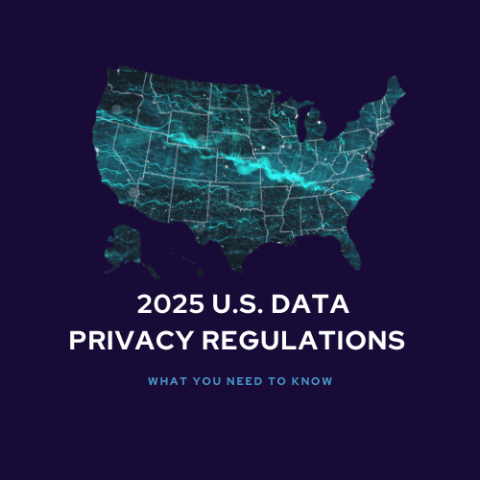What Does The NIS2 Directive Mean for Cybersecurity in the EU?
With the growing cyberattacks threatening business and customer data, Chief Information Security Officers (CISO) are working to implement the NIS2 Directive into their organization to strengthen their digital security. NIS2 is mandatory for all medium-sized and large organizations within vital sectors in the EU.











